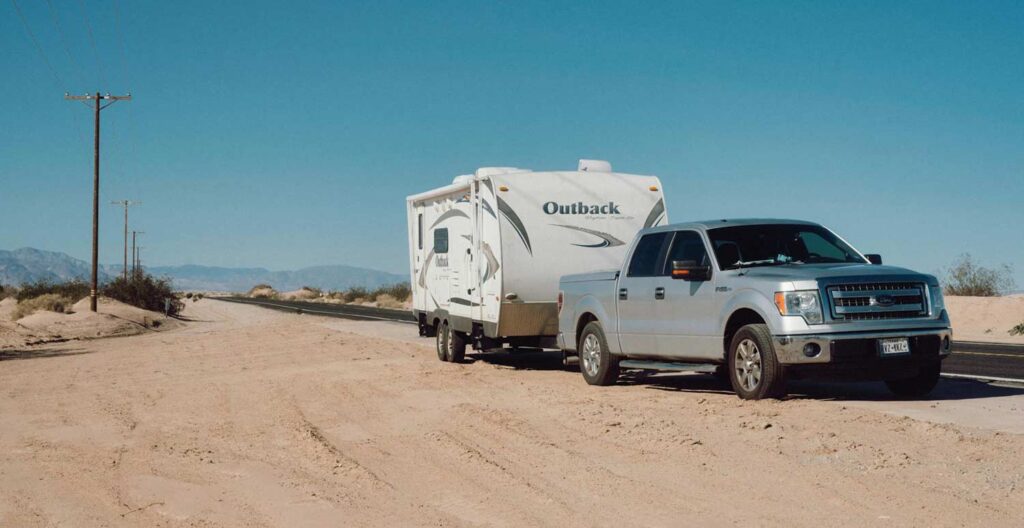Towing is serious business. Whether you’re pulling a trailer, caravan, or boat, knowing how tight your tow ball should be is essential for safety. If it’s too loose, the trailer could separate. If it’s too tight, you might damage your vehicle. This guide breaks it down simply. Every tow needs precision, no guesswork.
What’s a Tow Ball, Anyway?
A tow ball, also known as a hitch ball, is the part of a vehicle’s tow hitch that connects with the trailer. It allows smooth movement between the car and the trailer, letting it pivot while still being secure. You can find different sizes depending on what you’re towing. The most common in the U.S. are 2 inches and 2 5/16 inches.
Torque Specifications: Exact Numbers Matter
How tight the tow ball needs to be isn’t something you just estimate. Manufacturers usually provide a torque specification for each tow ball size. It’s essential to follow this, as under-tightening or over-tightening can cause damage or lead to accidents.
For a typical 2-inch tow ball, the recommended torque specification is 250-300 ft-lbs.
One expert source mentions, “The recommended torque ensures the ball stays tight, preventing loosening under load and providing the necessary tension to avoid wear and tear over time.”
The exact torque will depend on the trailer hitch type and the material of your tow ball and mounting plate. Always check the user manual of your hitch system.
What Happens if You Don’t Tighten It Correctly?
A tow ball that isn’t tight enough can cause severe accidents. Trailers have been known to disconnect when the hitch ball comes loose, leading to dangerous situations on the road. On the other hand, over-tightening can strip the threads of the tow ball or damage the mounting plate.
Tools You’ll Need for Tightening a Tow Ball
- Torque Wrench: You can’t rely on guesswork when tightening a tow ball. A torque wrench ensures you hit the correct torque setting.
- Ball Wrench: A special wrench that fits the base of the ball to prevent it from turning as you tighten the nut.
- Lubricant: Some experts suggest adding a bit of grease to the threads to avoid rust and provide smoother tightening.
Important Tip: Always ensure you’re using a torque wrench calibrated for higher torque values, as typical wrenches might not go beyond 150 ft-lbs.
Do All Tow Balls Have the Same Torque?
No. Different tow ball sizes require different torque settings.
For instance:
- 1 7/8″ Tow Ball – Generally requires around 200 ft-lbs of torque.
- 2″ Tow Ball – Between 250-300 ft-lbs.
- 2 5/16″ Tow Ball – Typically needs around 450 ft-lbs.
Each trailer hitch system comes with a recommended tow ball torque specification, so don’t assume that one size fits all. Always refer to the guidelines from the manufacturer.
Can You Overtighten a Tow Ball?
Yes, overtightening is just as bad as under-tightening. If the tow ball is too tight, you risk damaging the threads, which might lead to the ball mount failing when under load. The right balance is crucial. According to experts, exceeding the recommended torque by even a small amount can cause damage to the metal.
Should You Use Thread Lock?
Some suggest using thread lock (a type of glue for threads) to keep the tow ball nut secure. However, not all experts agree. Some argue that the thread lock can cause problems when you want to remove the ball. A light coat of grease might be more effective and less permanent.
Final Thoughts
Tow ball tightness isn’t something to overlook. Ensuring the correct torque and periodic checks can help you avoid accidents and ensure smooth towing. Rely on proper tools, follow torque recommendations, and always test before hitting the road. Safety is paramount when it comes to towing, and attention to detail makes a significant difference.

